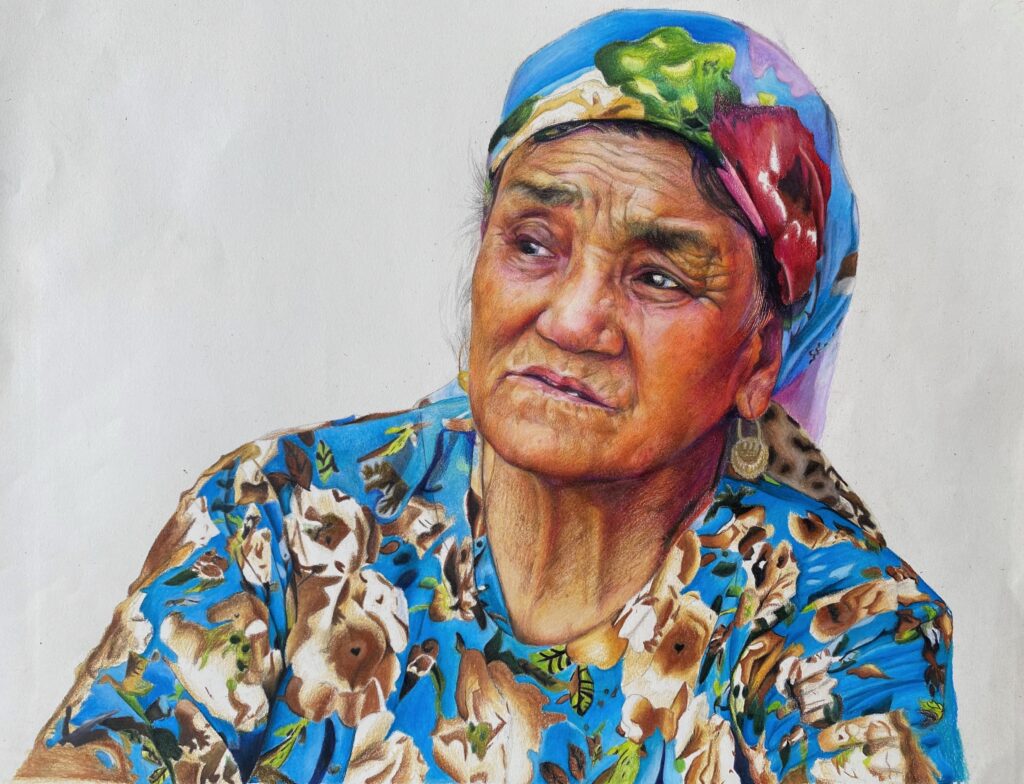i. I remember my sister once found robin eggs in the post-box. She tells me they were bluer than a shipwreck, but when I ask her what happened to them, she says she doesn’t remember.
My father breaks nests in our house every week. He once threw a birds’ eggs down our fifth storey balcony. I think his hands reek of the daughters he has killed before they were even born.
ii. I have a photo album from which I cut out pictures to stick on my wall. They flutter furiously to the wind and refuse to be held down by the tape I attach. Yesterday, I cried for an hour trying to find more tape, and maybe it’s the universe trying to tell me that no tape could hold back a broken past. That it’s time to let go. Maybe I’m a dead bird waiting to sink into the graves of the sky.
iii. My mother likes to stand at the edge of the balcony at exactly 10:47 p.m. and feel the breeze brush against her skin. She says it feels like her dead father giving her a hug, but sometimes she stands on her toes and tips over a little too much. Then, in her eyes, I see a world pulsing. Maybe she doesn’t do that to hug her father. Maybe she wants to see him. Maybe she stands at the edge of the balcony every night at 10:47 p.m. because she likes to watch the ground murmur the names of all the dead birds whose ashes stain this family’s hands.
iv. My heart remembers too much. It throbs and searches for names of dead lovers on everything it sees. My heart remembers too much and though I forgive the razor, I forgive my hands, I forgive those who saw in me a shipwreck and watched me drown, and I forgive the birds that knock on my ribs, asking to be let out saying—please? Just tonight? Let me be free?I forgive them but my heart is cruel. It doesn’t forget. My heart still remembers the hurt.
v. Sometimes, I am threatened by the abilities of others. I look at my hands and see a lost soul. I watch others standing at the peak, while I am still trying to drag my feet. I’m still searching for reasons to not fall.
I’m still lying on the ground; dirt seeping into my hair and I am watching the birds in the sky. They tell me it’s time I let go of this heavy pretence of sorrow and do something. Something. Anything. It’s time I bleed meaning into this life, they say. And in the blink of an eye, the birds aren’t dead anymore.
Srina Bose is a high school student based in New Delhi, India. She has previously had her work published in “The Ice Lolly Review”, and “Cathartic Literary magazine.” She has also published her own collection of poetry titled— “Roses In My Mind”, which is commercially available.
You can find her poetry blog on Instagram at @teardrops_of_ink
